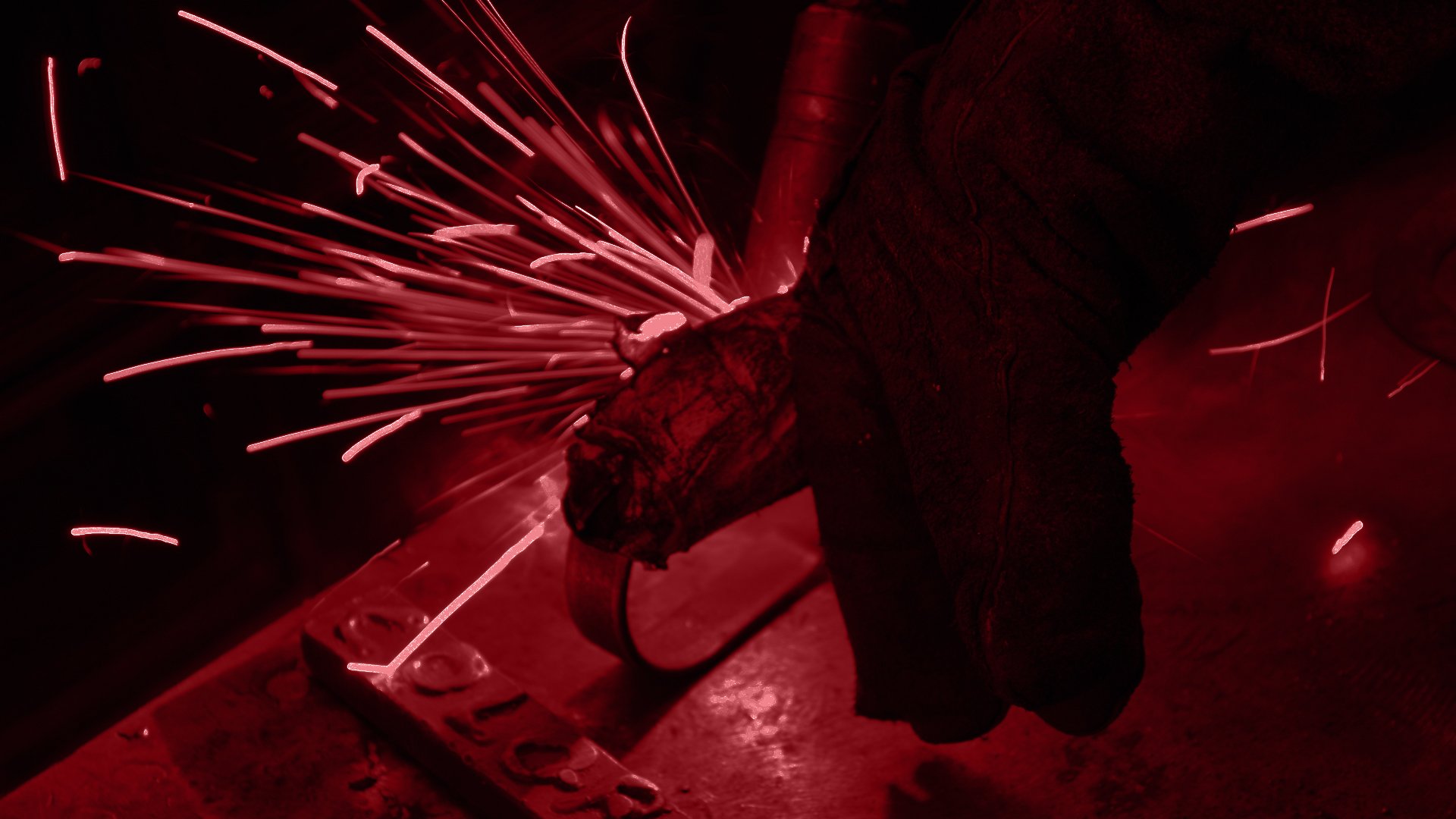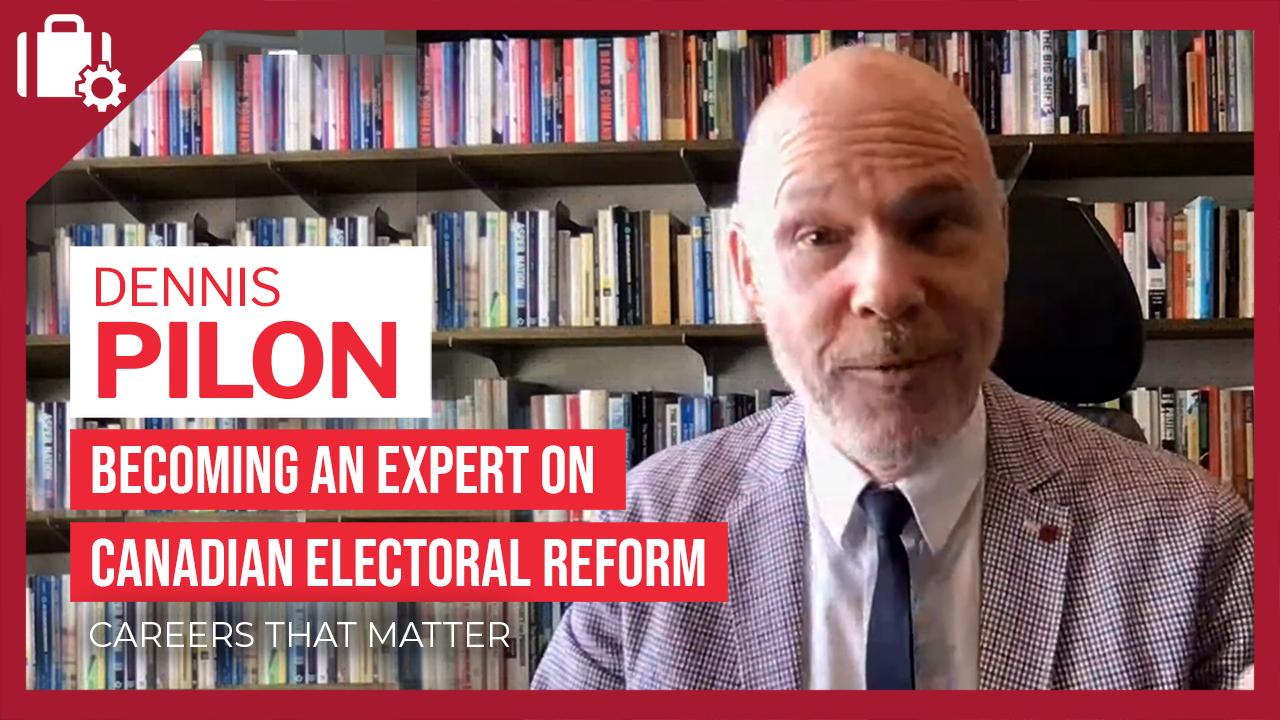
Episodes
Search episodes:
Browse by category
Being a US ambassador: More than just diplomacy
How does one become an ambassador? For US ambassador to Canada David Cohen, it depends on what kind of ambassador you are – and yes, there are different types. And there is more to being an ambassador than simply diplomacy; it is also about maintaining a high-morale team that is proud to represent the United States and facilitate trade between American and Canadian companies.
Helping businesses understand their political communities
“You can’t be a good political strategist if you don’t understand the community of voters around you,” Kareem Allam claims. That is how he gets his work in an increasingly complex political landscape. This includes both ideas and how to get those ideas out, whether it be via new forms of media or the rise of technology. His clients are all from the private sector who want to gain social and regulatory license, so that the projects go forward the right way.
Being the face of a political party
“You’re always the face of the party – that’s just a reality.” As leader of the British Columbia Conservative Party, going to new places and showing up is a large part of John Rustad’s job. That is nothing new to him, as someone who grew up in Prince George and having jobs that took him all over the province with all kinds of different experiences. As someone who takes all kinds of opportunities, this worked perfectly into his journey into business and, eventually, politics.
Writing as a creative process: Preparation is key
John Rapley is not a person who will sit still. Starting out in academia, he has bounced around various roles, even starting his own think tank at one point. But he keeps coming back to one thing – writing. It is not as simple as sitting down and writing. According to John, 90% of what is written is unseen, hidden in research and preparation. Most of what the public sees is like a small slice of the iceberg.
Becoming an expert on Canadian electoral reform
Over the past decade, Professor Pilon has been in demand as a speaker and media commentator on many aspects of politics and political reform in Canada. He has appeared in hundreds of stories in print, radio and television.
Leading by example and changing her community
While that isn’t an official job title, that is what Jody Wilson-Raybould is: “a change maker.” Her career as a lawyer, as a leader within her community and with First Nations across Canada positioned her to become an elected member of the 2015 Liberal government.






